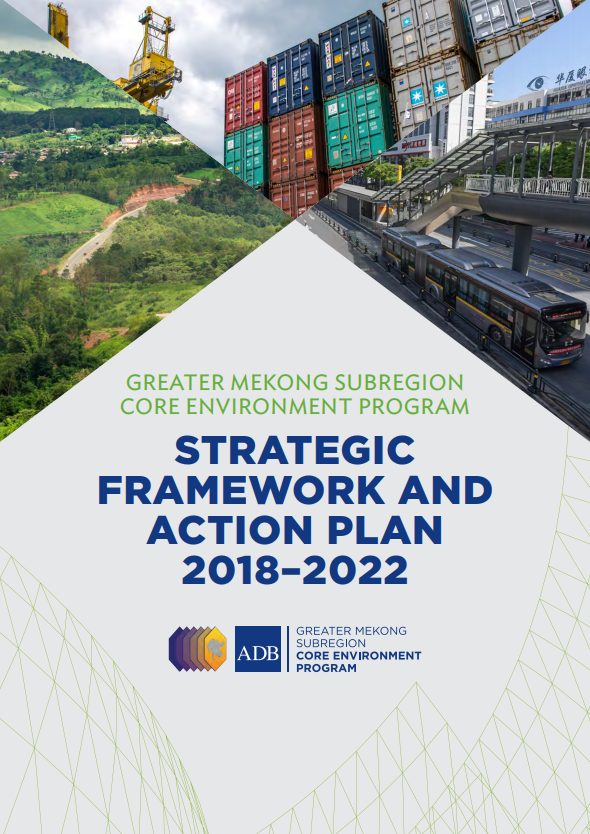
The first two phases of CEP have contributed significantly to mainstreaming environmental considerations in economic development in the GMS. The major achievements include:
(i) Promoting sustainability through policy and strategic planning support. The CEP does this by: (i) strengthening technical capacity and developing enabling regulatory frameworks for undertaking strategic environmental assessment (SEA) and environmental impact assessment (EIA); (ii) performing over 10 SEAs in economic corridors, land use management, and key sectors such as energy and tourism; (iii) the environmental and social screening of RIF pipeline projects; (iv) achieving legal recognition and regulatory provisions for biodiversity conservation corridors; (v) enhancing technical and institutional capacity to monitor environmental performance; and (vi) supporting the development of national strategies for biodiversity conservation, environmental management, and pollution control. Examples of national strategies are Cambodia’s National Environmental Strategy and Action Plan, and the Pollution Control Strategy of the Lao People’s Democratic Republic.
(ii) Knowledge capitalization and establishing an information management and sound decision support system. This is being done by: (i) launching and maintaining an online GMS Information Portal, (ii) applying spatial multicriteria analysis to RIF pipeline projects, (iii) embedding spatial analysis (land demand modeling, ecosystem service valuation, mapping, etc.) into key strategic plans, (iv) undertaking climate vulnerability assessments in agrarian communities, and (v) introducing the industrial pollution projection tool to strengthen pollution control policy and planning. So far, CEP has held over 500 capacity building events involving more than 19,000 technical staff and stakeholders.
(iii) Stimulating environment and climate investments. This includes: (i) a $70-million biodiversity conservation corridors investment and (ii) approximately $20 million for climate interventions including the Green Freight Initiative and Forest Investment Program, Pilot Program for Climate Resilience, and Global Environment Facility support for climate resilience in biodiversity conservation corridors.
More Detail